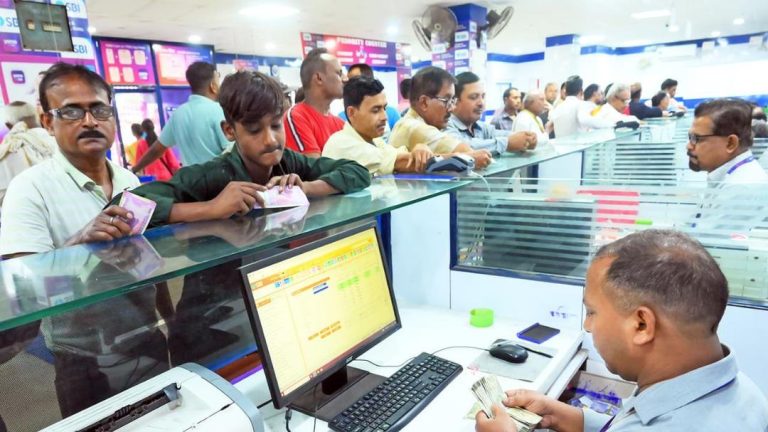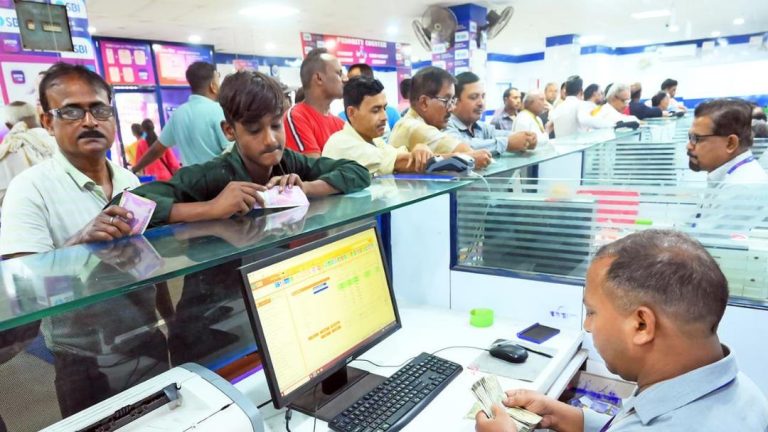
Would Prick Men with Pins for Misbehaving in Delhi: Ayesha Raza
Delhi, the capital city of India, is known for its vibrant culture, rich history, and bustling streets. However, despite being a popular tourist destination, the city has also been plagued by issues of sexual harassment and molestation. In a recent interview, actress Ayesha Raza, known for her roles in films like Dil Dhadakne Do and Bharat, shared a shocking story about her own experience in Delhi. She revealed that she would carry a safety pin with her and prick men who misbehaved with her on Delhi buses.
Ayesha Raza, who has been in the industry for over a decade, has worked in numerous films and television shows. However, her recent revelation has sent shockwaves across the nation, highlighting the severity of the problem of sexual harassment in Delhi. In an interview with a leading publication, Ayesha shared her experience of traveling in Delhi buses and how she would take precautions to protect herself.
“I would hang a safety pin around my neck in a chain. I would prick someone if they misbehaved,” Ayesha said in an interview. Her revelation has sparked a heated debate about the need for women to take matters into their own hands to protect themselves from harassment.
Ayesha’s story is not an isolated one. Many women in Delhi have reported similar experiences of harassment and molestation on public transport. According to a survey conducted by the Delhi Police, 85% of women in Delhi face some form of sexual harassment on public transport. The survey also found that 72% of women reported feeling unsafe while traveling in Delhi buses.
The issue of sexual harassment in Delhi is not new. In recent years, there have been several high-profile cases of harassment and molestation on public transport. The most notable example is the case of the Delhi gang rape in 2012, which sparked widespread outrage and protests across the country.
In the aftermath of the gang rape, the Indian government introduced several measures to improve the safety of women in Delhi. These measures included increasing the number of police personnel on public transport, installing CCTV cameras, and launching awareness campaigns to educate men about the importance of respecting women’s boundaries.
However, despite these efforts, the problem of sexual harassment in Delhi persists. In recent years, there have been several incidents of harassment and molestation on public transport, including cases of groping, touching, and even rape. The lack of adequate policing and the lack of accountability among perpetrators have contributed to the persistence of this problem.
Ayesha’s revelation highlights the need for women to take matters into their own hands to protect themselves from harassment. Her story is a testament to the fact that women are not just victims, but also survivors who are determined to fight back against harassment.
In recent years, there has been a growing movement of women who are taking matters into their own hands to protect themselves from harassment. From carrying pepper spray to carrying safety pins, women are using various methods to defend themselves against harassment.
However, it is also important to recognize that the responsibility of preventing sexual harassment lies with men. Men have a crucial role to play in preventing harassment, and they must take responsibility for their actions. It is time for men to recognize that their actions have consequences and that they must respect women’s boundaries.
In conclusion, Ayesha Raza’s revelation highlights the severity of the problem of sexual harassment in Delhi. Her story is a testament to the fact that women are not just victims, but also survivors who are determined to fight back against harassment. It is time for men to take responsibility for their actions and for women to take matters into their own hands to protect themselves.




